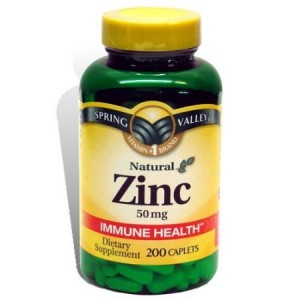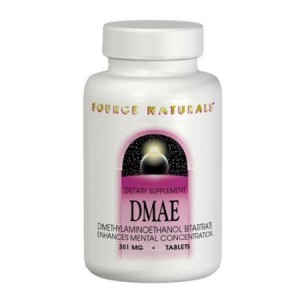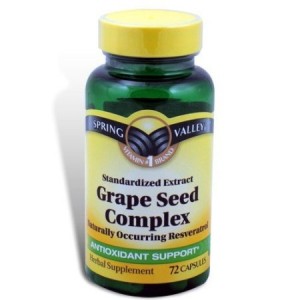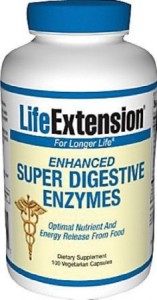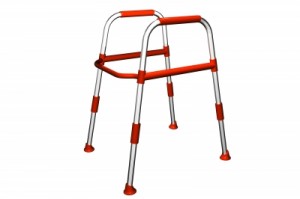Vitamin supplementation is a useful tool for sustaining good health; in order to get the most out of your vitamins, it’s helpful to understand how long your body is able to store vitamins, and how often you need to supply your body with more vitamins and other nutrients in order to avoid vitamin deficiencies.
“Am I getting enough vitamins?”
Maintaining normal vitamin levels in your body is crucial for all-over wellbeing, both mentally and physically. If you’re not getting enough vitamins from food, then it’s essential to take daily vitamin supplements, in order to avoid vitamin deficiencies that cause fatigue, disorientation, and pain symptoms.
Your body stores certain vitamins differently, and for varying amounts of time. Fat soluble vitamins, such as vitamin A, vitamin D, vitamin E, and vitamin K remain in your liver and body fat for long time periods. While it’s often beneficial to take daily supplements of vitamins E and D, your chances of developing a deficiency are low.
Water soluble vitamins, however, need to be replenished more often. Vitamin C and B-complex vitamins remain in your body for months, but only with constant renewal. Since they are water-based, vitamin C and vitamin B12 remain in your body for a very limited time period.
In order to avoid vitamin B12 deficiency anemia or vitamin C deficiency (scurvy) it’s important to replenish vitamin levels in your body on a daily basis.
Also read: Am I Getting Enough Vitamin B12?
“I eat healthy…how did I get vitamin deficiency?”
Even if you eat a standard diet of lean proteins, whole grains, fresh fruits and vegetables, and healthy oils, you may still require vitamin supplements in order to prevent a vitamin deficiency, as there are numerous factors that inhibit your ability to digest certain vitamins such as vitamin B12.
For example, vitamin B12 occurs naturally in animal-based foods, most notably lean beef, chicken, shellfish, and dairy products. Yet, a growing number of people experience the early signs of vitamin B12 deficiency by the time they reach their 40s, regardless of the diet they keep.
Vitamin B12 malabsorption, the inability to access vitamin B12 from food sources, may result from autoimmune disorders, bariatric surgery, or gastrointestinal disorders. Old age and drug interactions, including metformin for diabetes, are also high risk factors, as they inhibit production of intrinsic factor, a digestive enzyme that is crucial for vitamin B12 absorption into the body.
Your body can store vitamin B12 for a limited amount of time, but unless you are able to digest vitamin B12 (cobalamin) naturally, then you will ultimately reach a potentially dangerous depletion of vitamin B12 in your body.
Also read: Vitamin B12 Malabsorption
Vitamin B12 deficiency symptoms
Symptoms of vitamin B12 deficiency include:
- Chronic fatigue
- Depression
- Difficulty focusing mentally, or “brain fog”
- Slow thinking
- Frequent forgetfulness
- Anxiety
- Painful tingling and numbness in the extremities (fingers, hands, toes, feet)
- Sore, burning tongue
- Difficulty swallowing
- Partial paralysis
- Sore muscles
- Difficulty controlling arm and leg movement
- Frequent stumbling, gait problems
- Slow nervous impulses
- Irregular heartbeat
- Heart palpitations
Untreated, vitamin B12 deficiency can cause neurological damage, psychological disorders, increased risk for heart attack and stroke, or sometimes, in rare cases, death.
Also read: What are the Symptoms of Pernicious Anemia- B12 deficiency?
Prevent vitamin B12 deficiency
If you suffer symptoms of vitamin B12 deficiency, yet you eat a normal diet of B12-rich foods, then it’s possible that you are unable to digest dietary vitamin B12, and need to replenish vitamin B12 levels through nonedible means.
In other words, it is essential to deposit vitamin B12 directly into the bloodstream, bypassing the need for digestion through the stomach.
Nonedible forms of vitamin B12 include vitamin B12 shots, which often require prescription, depending on the area in which you live and your healthcare plan.
Over-the-counter (OTC) vitamin B12 supplements are also effective and inexpensive; these offer the liberty to take as much vitamin B12 as you need in order to revitalize energy levels and alleviate painful ailments caused by vitamin B12 deficiency anemia.
Please tell us…
Do you have any questions or suggestions? Please leave your comments below.
Share with your friends!
If you found this article helpful, then please share with your friends, family, and coworkers by email, Facebook, or Google+.
Like this? Read more:
Prevent Vitamin B12 Deficiency: Beyond Nutrition
Sources:
How long do vitamins stay in your body?
Image(s) courtesy of FreeDigitalPhotos.net



